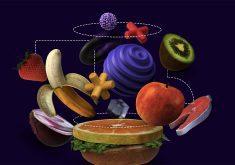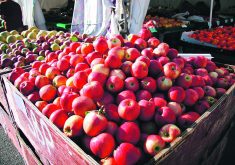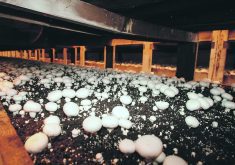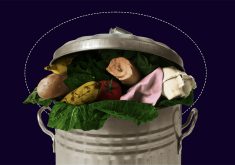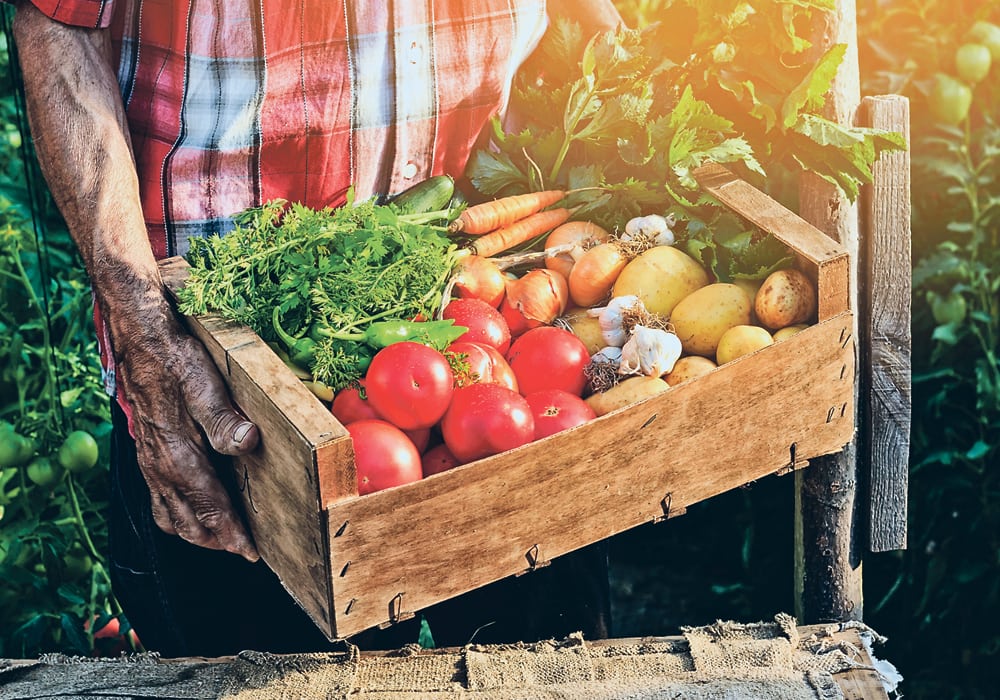Eighteen companies from across Canada have been named semi-finalists in a competition to find new technology to reduce food waste.
Federal Agriculture Minister Marie-Claude Bibeau announced the selections under the Novel Technologies Streams of the waste reduction challenge.
They include several organizations working in the agricultural space.
For example, Carbon Lock Technologies Inc. from Winnipeg is working on converting food waste into a stable form of biocarbon to sequester atmospheric carbon dioxide, prevent future landfill methane emissions and support sustainable agriculture.
The University of Lethbridge is evaluating commercially available silage inoculants “in ensiling and extending the shelf-life of retail food waste and food processing byproducts for animal feed.”
Read Also
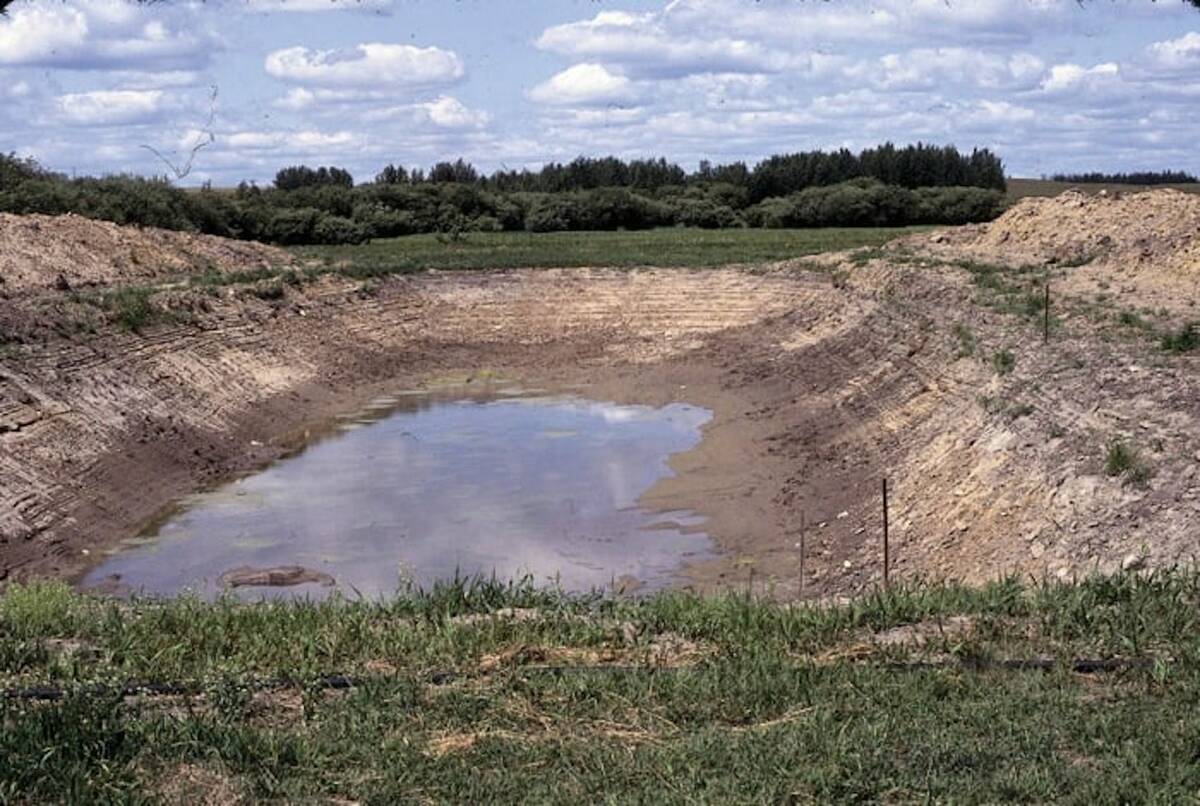
Dry summer conditions can lead to poor water quality for livestock
Drought conditions in the Prairies has led to an decrease in water quality, and producers are being advised to closely monitor water quality for their animals.
The challenge is part of Canada’s food policy and was launched in November 2020.
There are two streams: novel technologies and business models. There were more than 300 applications for the business model stream and the 24 semi-finalists were announced last May.
The technologies stream attracted 238 applications and focuses on technological solutions to extend the life of perishable food and transform food waste.
According to Agriculture Canada, more than half of Canada’s food supply is wasted each year and about $50 billion of that wasted food is avoidable.
The semi-finalists each receive $100,000 to develop a prototype of their solution and report on its effectiveness.
Six finalists will be chosen and each of them will get an additional $450,000 to continue their work. Two grand prizes of up to $1 million are expected to be named in spring 2024.
A full list of the semi-finalists and descriptions of their projects can be found here.






